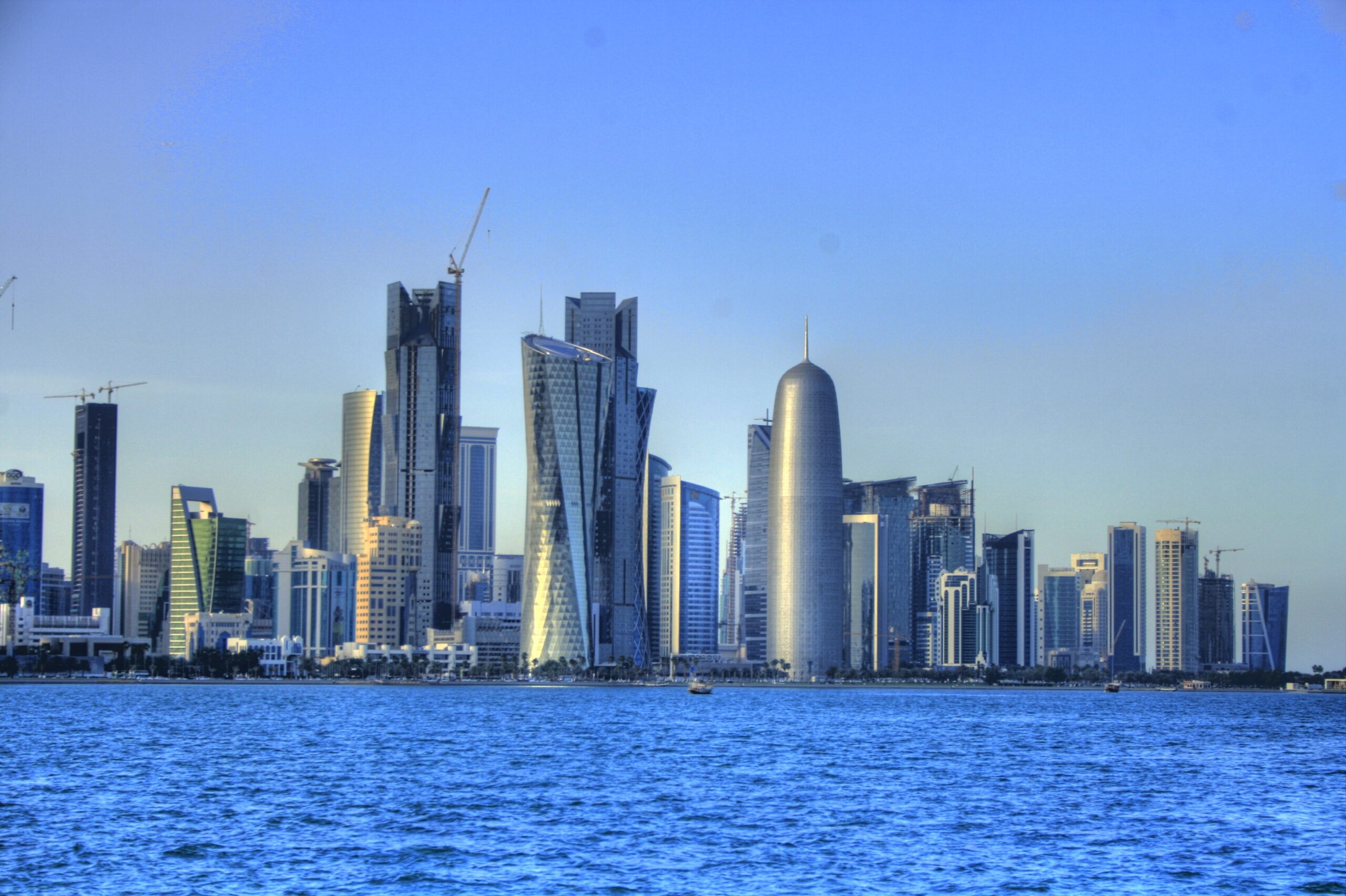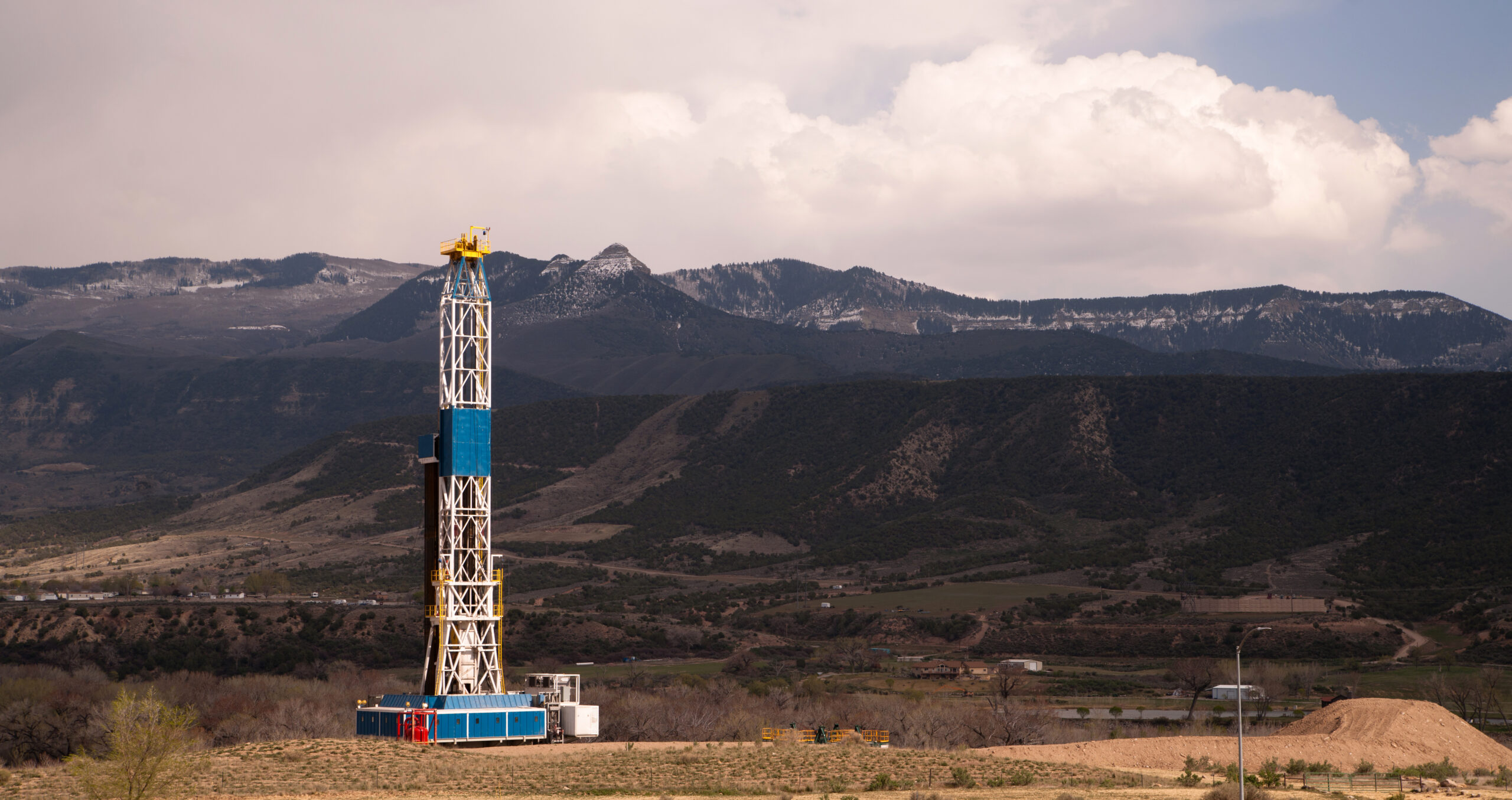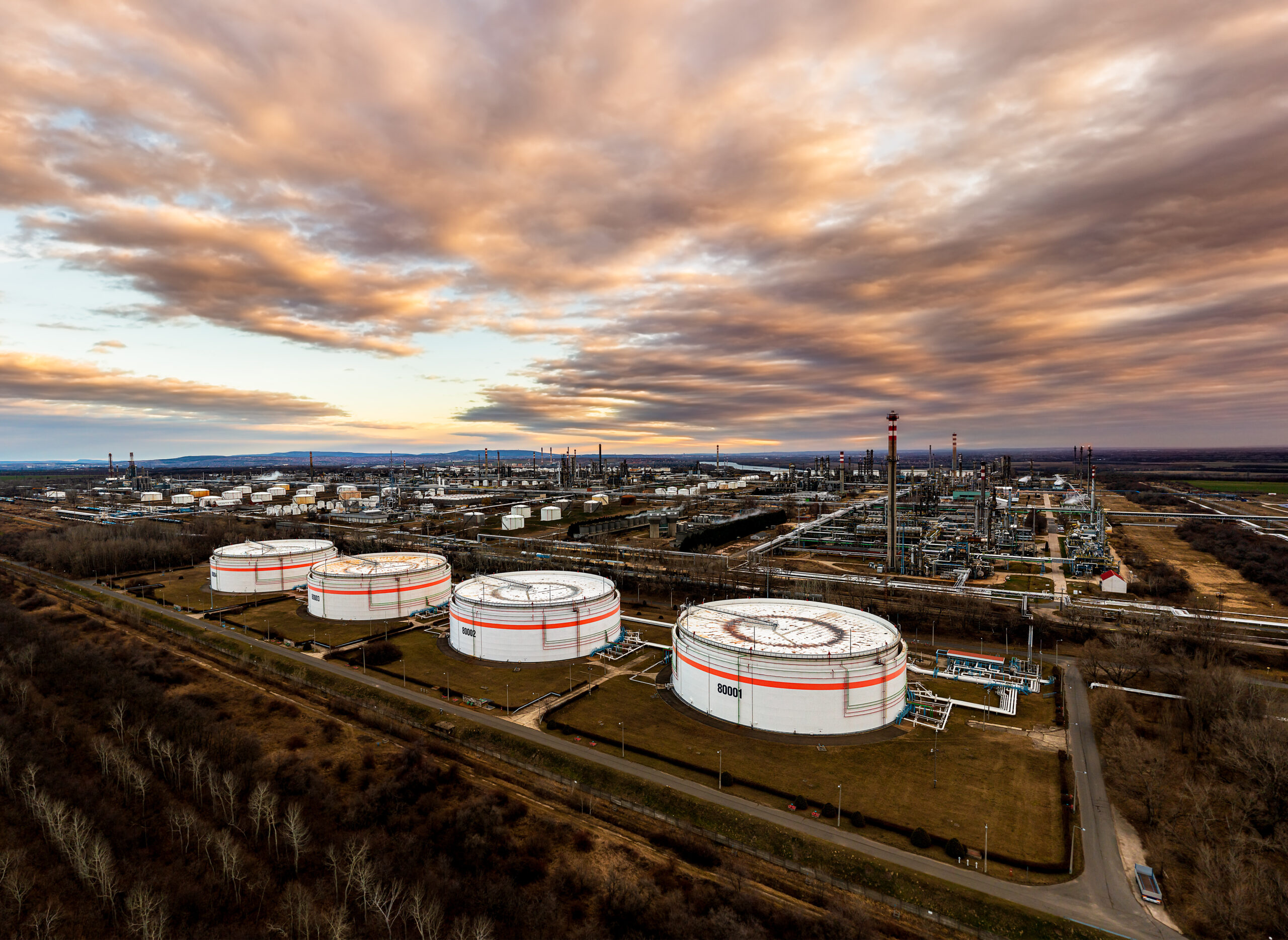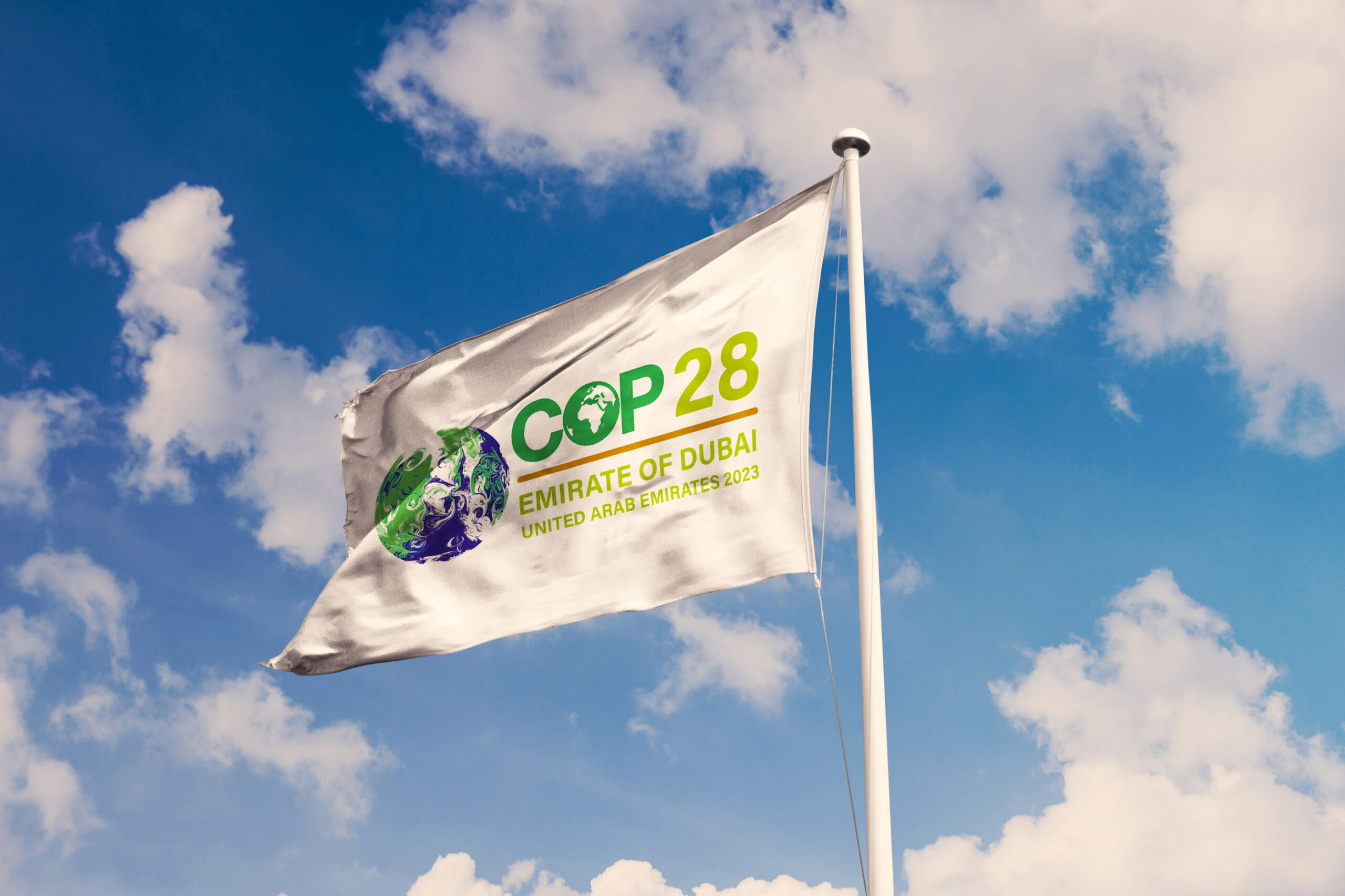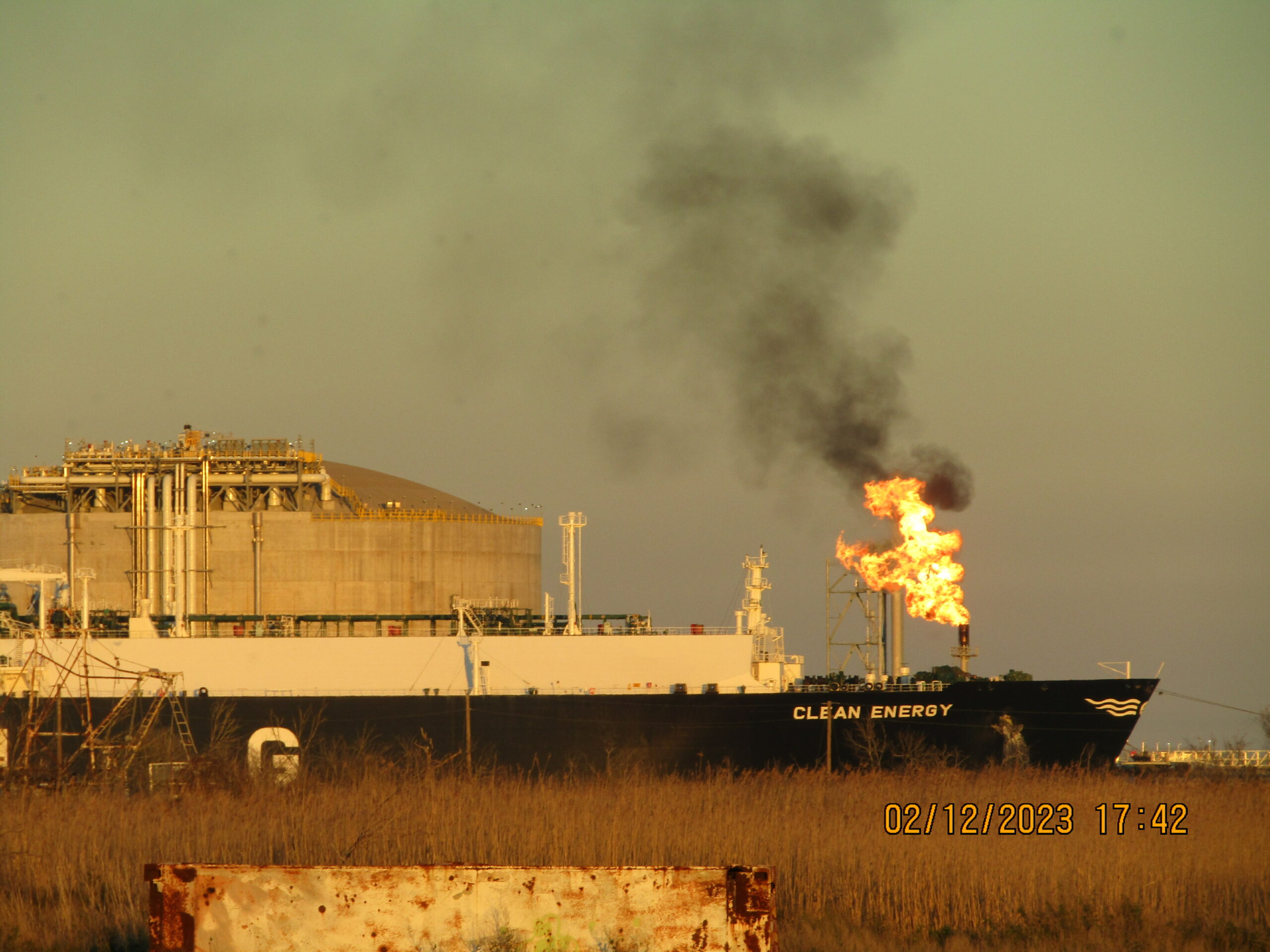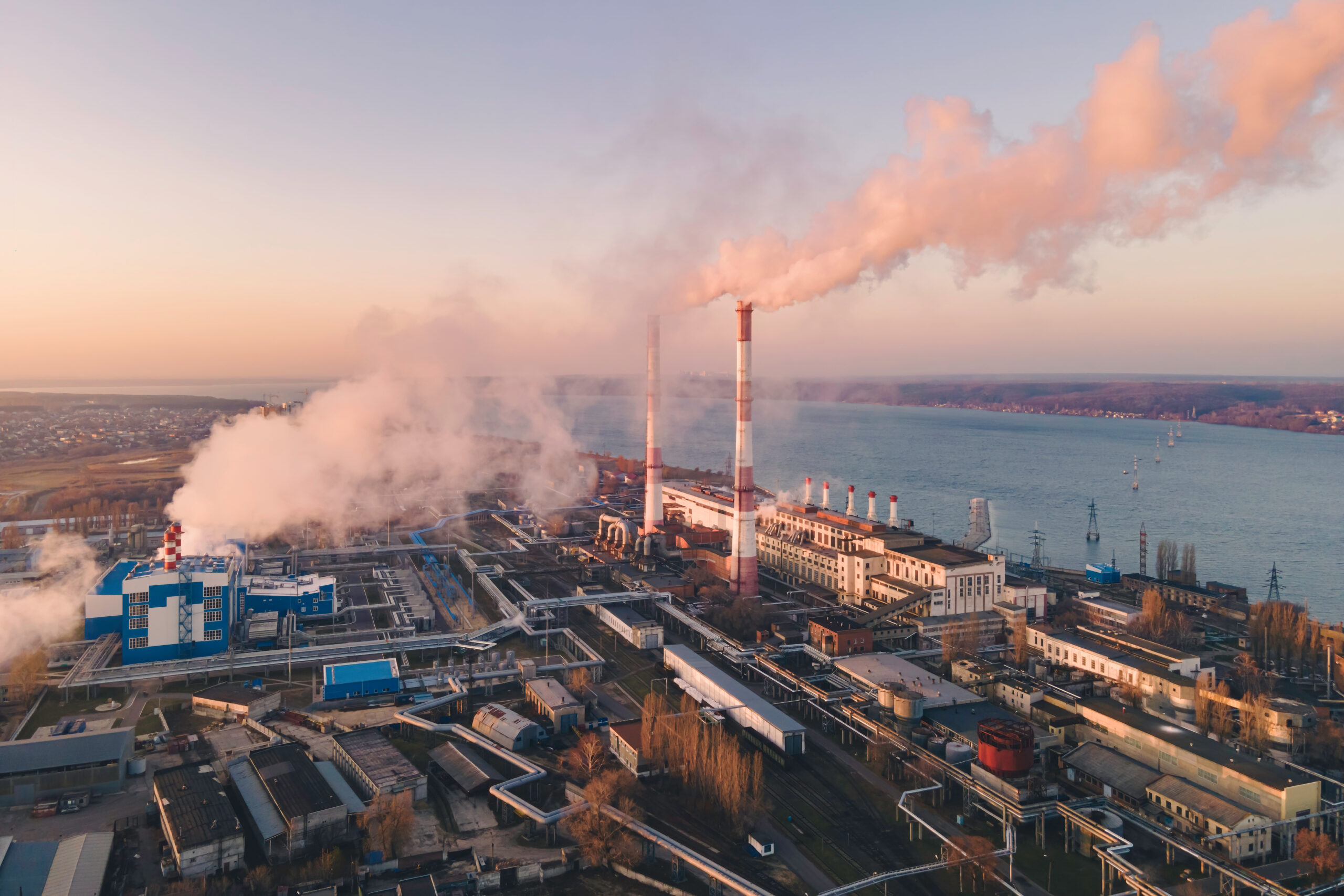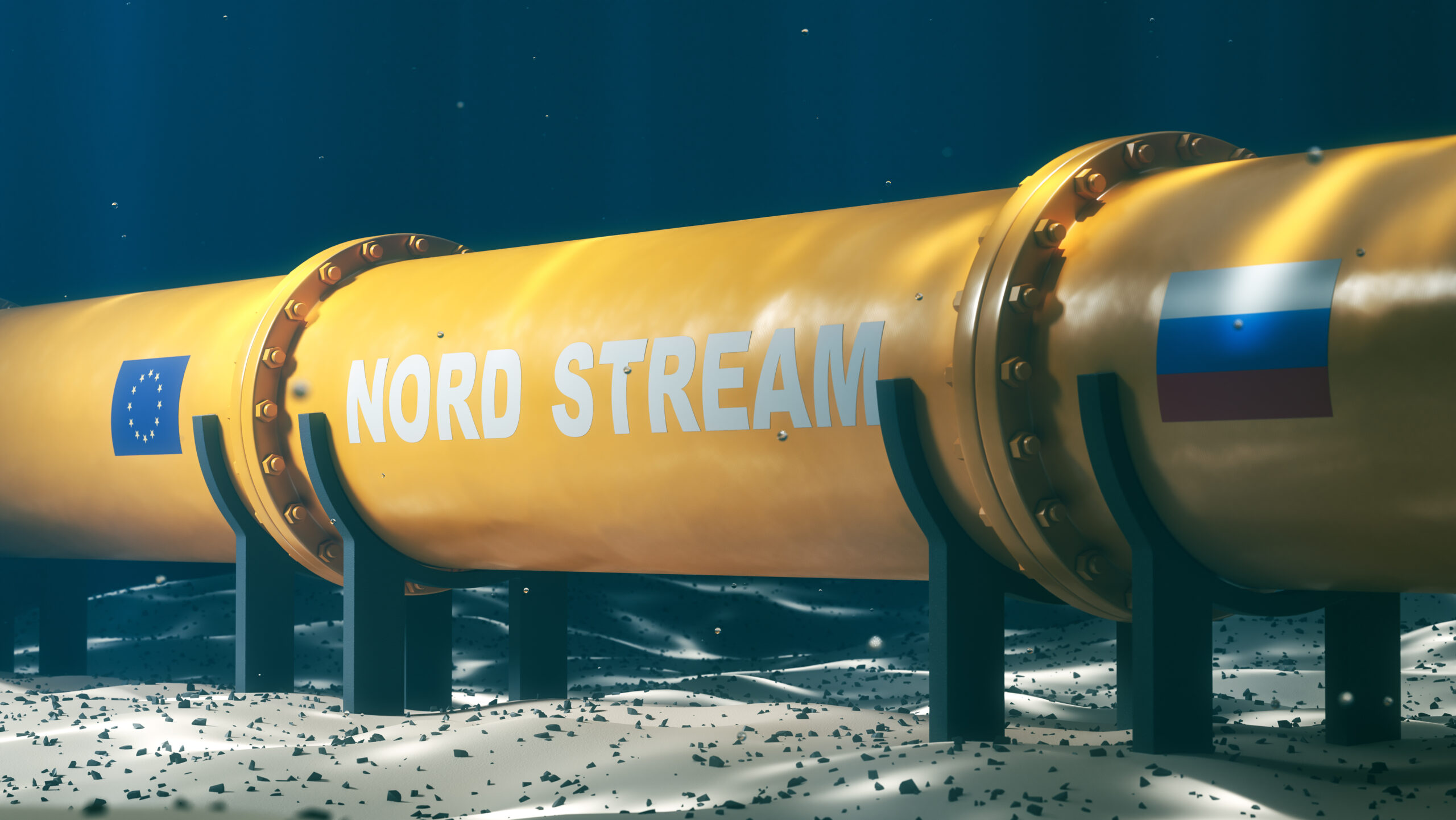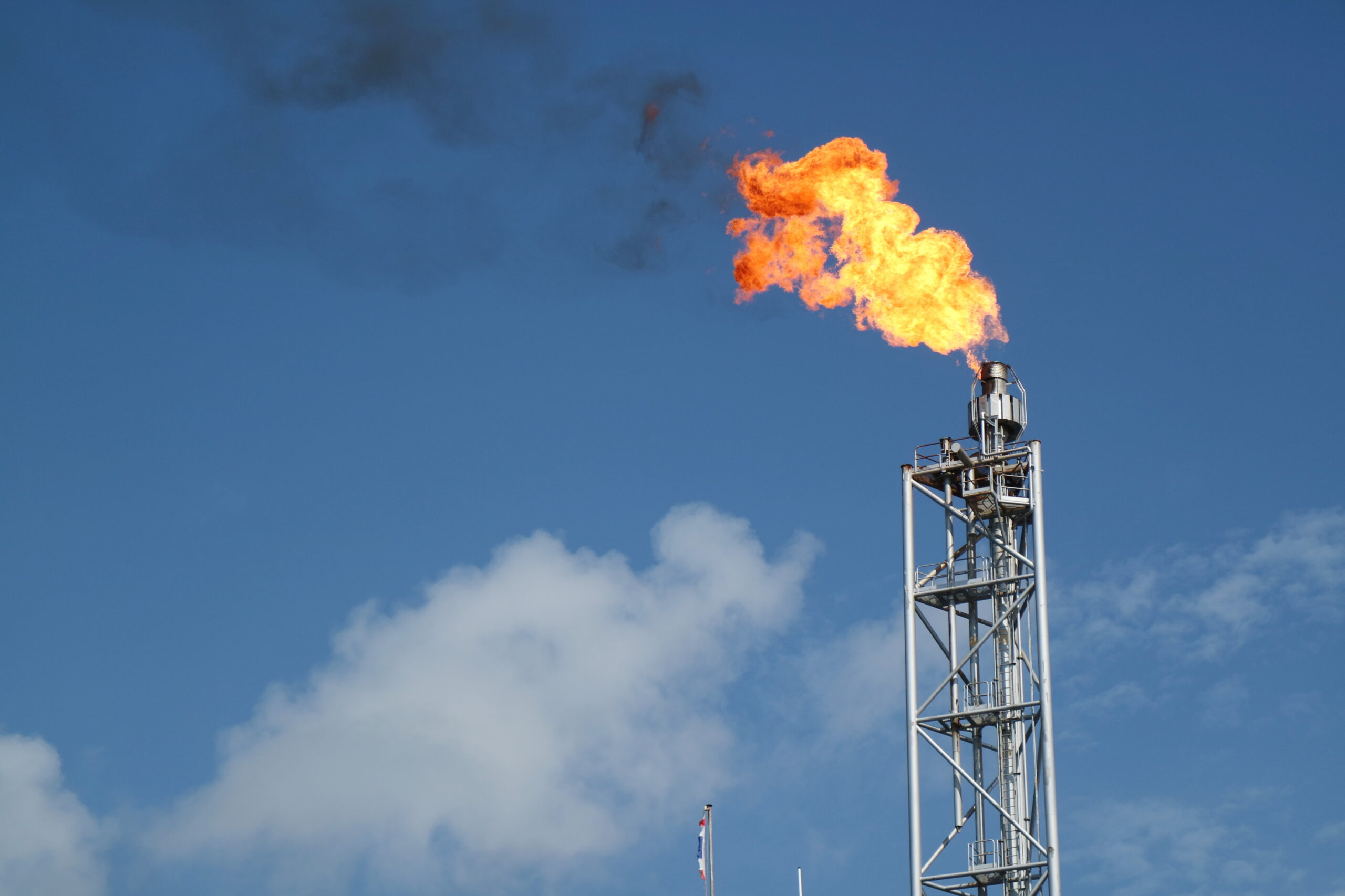Methane Emissions
State-run QatarEnergy has announced a third LNG expansion plan, but Qatar has yet to tackle emerging risks including regulation on methane emissions.
A recently filed lawsuit alleges that a Colorado firm loaded up its clean-up liabilities onto another shell company that was designed to fail, saddling landowners and taxpayers with old polluting oil and gas wells.
The Paris-based International Energy Agency said that the fossil fuels sector is not doing enough to cut methane emissions from oil and gas. Rapid cuts would yield enormous climate benefits.
The head of the International Energy Agency Faith Birol said that the oil and gas industry needs to slash emissions from its operations and show that it is serious at the COP28 summit.
Using an optical gas imaging camera, which detects pollutants that are otherwise invisible, Earthworks found extensive emissions including methane pollution from U.S. LNG export terminals in Louisiana.
There is “no excuse” why the oil and gas industry is not taking action on methane emissions, IEA research found. Regulators are beginning to propose more stringent rules.
The Nord Stream explosions probably represent the largest single methane leak ever recorded. Will the events act as a wake-up call for policy makers and the public to shore up tougher regulations on methane emissions?
New data shows a spike in atmospheric methane concentrations globally, putting a spotlight on international efforts to cut emissions of the potent greenhouse gas.

